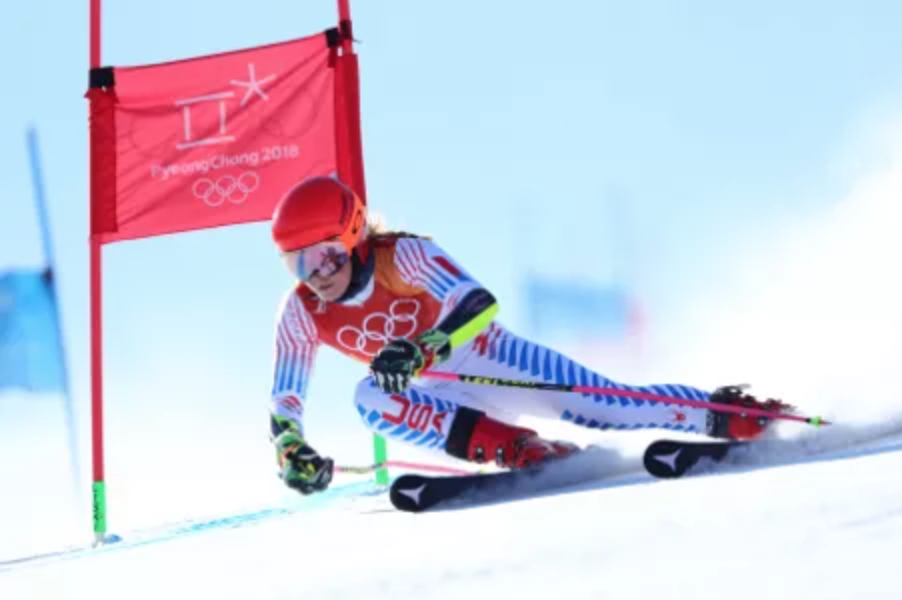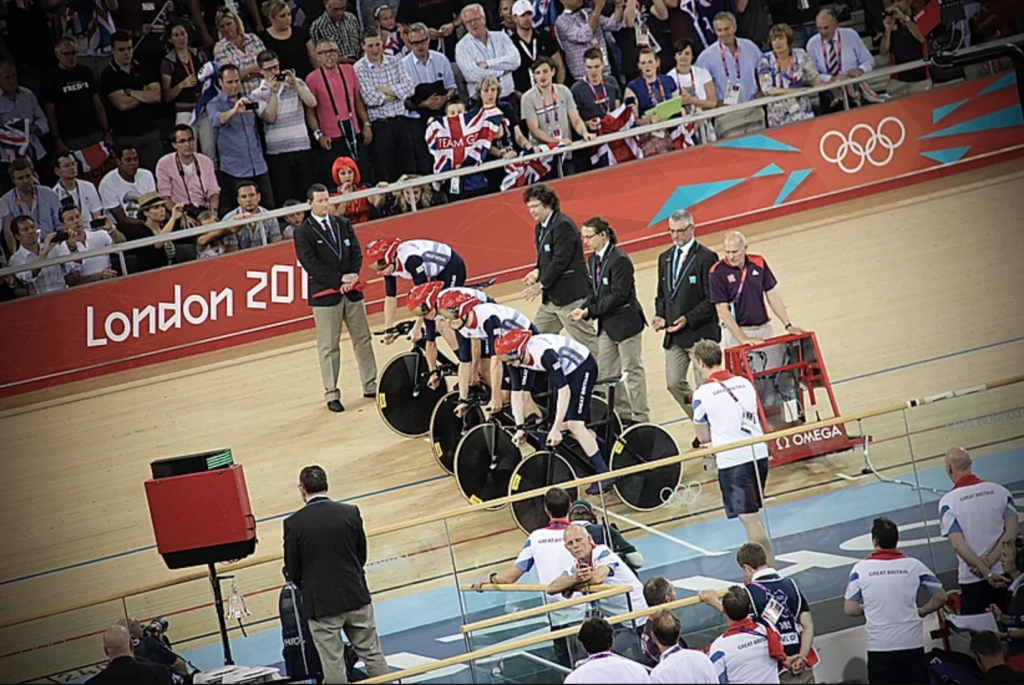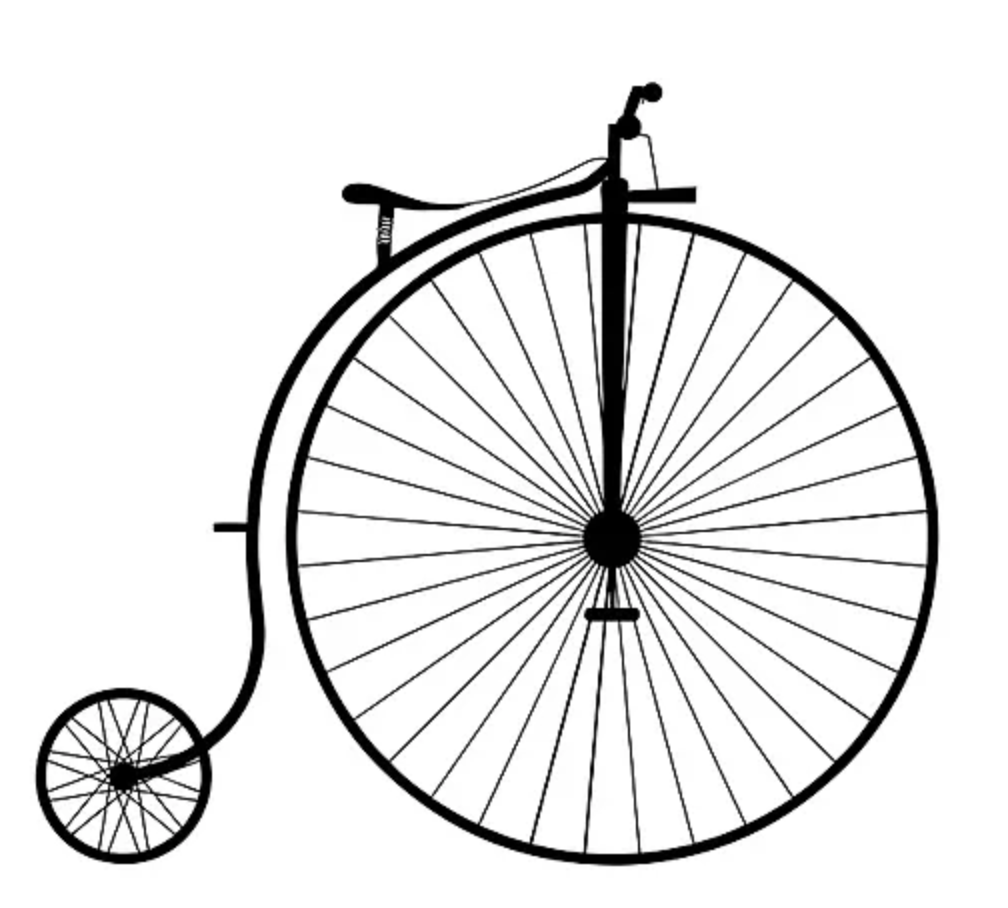What is Sport Psychology?
Sport Psychology is the study of how psychological factors, such as: Confidence, Stress, Anxiety, Motivation, etc., affect performance. While some CMPCs (Certified Mental Performance Consultants) work with athletes and teams on improving performance and motivation, others utilize the skills to help improve their client’s well-being for a healthier lifespan.

When working with athletes and teams, CMPCs will use Mental Skills Training to assist athletes who are introduced to intensified pressure. These skills help educate the athlete/team on ways to cope with this pressure before it creates a mental barrier that could potentially affect the individual’s performance.
All in all, CMPCs work with all level of athletes who are looking to strengthen their mind. Not only do the tools teach ways to sharpen focus, confidence, motivation, and cope with stress; they also give the individual the tools to have a mental edge over their competition. In an era where competition is getting better and better each day, gaining a mental edge over competition can be truly beneficial.
Benefits of Mental Training
It has been just over 50 years since Dr. Bruce Ogilvie and Dr. Thomas Tutko wrote ”Problem Athletes and How to Handle Them.” Despite the misleading name, this ground-breaking resource helped coaches understand how to analyze athlete personality and motivations to provide the most effective strategies to improve their ability to perform. However, the title of the book coincides with the stigma that Sport and Performance Psychology is for those that have a problem and need fixing.
The following sections will break down barriers and provide clarity that Mental Performance Consulting can be a very effective asset to athletes and performers alike.
Performance Enhancement Side of Things

The US Olympic Men’s Alpine Ski team was coached by Sasha Rearick for the past 10 years, who is now Head Alpine Men’s Development for the United States. He defines performance as “On demand execution of what you’ve learned.” The idea that in any performance you do, there is always an opportunity to gain an advantage to perform to your absolute potential no matter the circumstances: training, competition (preseason or championships), or recovery.
We have a variety of cognitive restructuring techniques that can enhance performance:
- Goal Setting
- Relaxation
- Energy/Arousal Management
- Self-talk
- Concentration – Focus/Refocus
- Imagery/Visualization
Even in extreme pressure or stressful situations, we can change the way we perceive these potential threats with strategies to decrease anxiety or pressure such as:

- Relaxation/meditation
- Breathing
- Progressive muscle relaxation
- Body scans
- Imagery
- Biofeedback
In elite athletes, it has been shown that typically the difference between more successful athletes and less successful athletes are:
- Better concentration
- Building confidence
- More positive in nature (thoughts, emotions)
- More determination and commitment
- More control (thoughts, emotions, attention)
Specifically, Olympians who perform up to their potential:
- Set daily training goals
- Replicate competitive environment
- Use imagery
- Prepare plans prior to competition
- Strategize ways to handle disruptions
- Evaluate performances after practices & events

We can see where these skills will lead to long term benefits, but there are also many short term benefits from training the mind.
Short-term Benefits: Recognition & Awareness
“Ships are safe in harbor, but that’s not what they’re meant for.”
Usually we see coaches or other teammates that might influence one’s decision to reach out for this training, but it takes guts to have self-awareness and want to change on your own.

Recognizing that you are missing a piece of your training or that you want to gain a competitive edge by training the mental side of your sport or performance is a huge step in the right direction. This often challenges an individual to step outside of their comfort zone as well.

Self-awareness is also a vital component to this recognition. Self-awareness means knowing what is happening internally in given situations. It means being mindful of one’s thoughts, internal dialogue, feelings, and behaviors. If a negative situation arises during training or competition, a performer can only intervene and change those thoughts if he or she happens to be aware of it.
Awareness also entails analyzing the performers’ strengths and weaknesses of their performance and how those can potentially impact performance once they reflect on them.
A performer can look at these two components of self-awareness as a huge win. You are already stretching your potential as an athlete or performer, searching for growth, new opportunities, and challenging your mindset.
Long-term Benefits
Let’s face it, life can be very stressful at times. Daily events throughout your day can pull your attention into numerous areas all at once. These scenarios can make us feel stressed which then makes our bodies physically become tight. Psychologically, we may even feel as if we are out of control. Not only do the skills taught by a CMPC teach individuals on controlling focus and how to perform when faced with adversity; these skills will also teach individuals the skills to feel like their in control.

Think back to when you first learned how to ride a bike. You probably didn’t start off pedaling on your own. Most likely, you probably started off riding a bike with training wheels. Working with a CMPC to enhance your mental game is just like learning how to ride a bike for the first time; using training wheels.
The ultimate goal is self-regulation. This means bringing a change to one’s performance and then having that individual monitor and track on their own. Working with a CMPC can be beneficial because they introduce mental skills, monitor and track the process of those skills, and refine those skills to the individual’s needs. We then want to take off the training wheels and have the individual evolve from being monitored by the CMPC to self-regulation. Individuals perform at their best when they have a sense of control, and CMPCs want their athletes/performers to have the ability to take off their training wheels and start cruising.

There are many potential benefits from starting your journey with training the mind. The first step is to reach out for questions if you’re curious!
About the Authors

Seth Rose – Seth is a Mental Performance Consultant and Founder of Transition Performance. He is USAT Lv 1 certified, Covina High Swim Coach, and Lecturer in Kinesiology at Cal State University, Fullerton. He enjoys training and racing triathlon, and spending time with his fiancee and two dogs.
Contact Seth today to maximize your potential when it matters most!

Ryan Foose – Ryan is the Founder and Mental Performance Consultant at Strong Mind Performance Consulting. Since 2016, Ryan has consulted with athletes, performers, and businesses on the education of Mindset Development Skills to help enhance their performance. Ryan is located out of Hermosa Beach, CA and currently works with athletes/performers from youth to professional level. If you would like to get into contact with Ryan please see below or shoot him an email!
